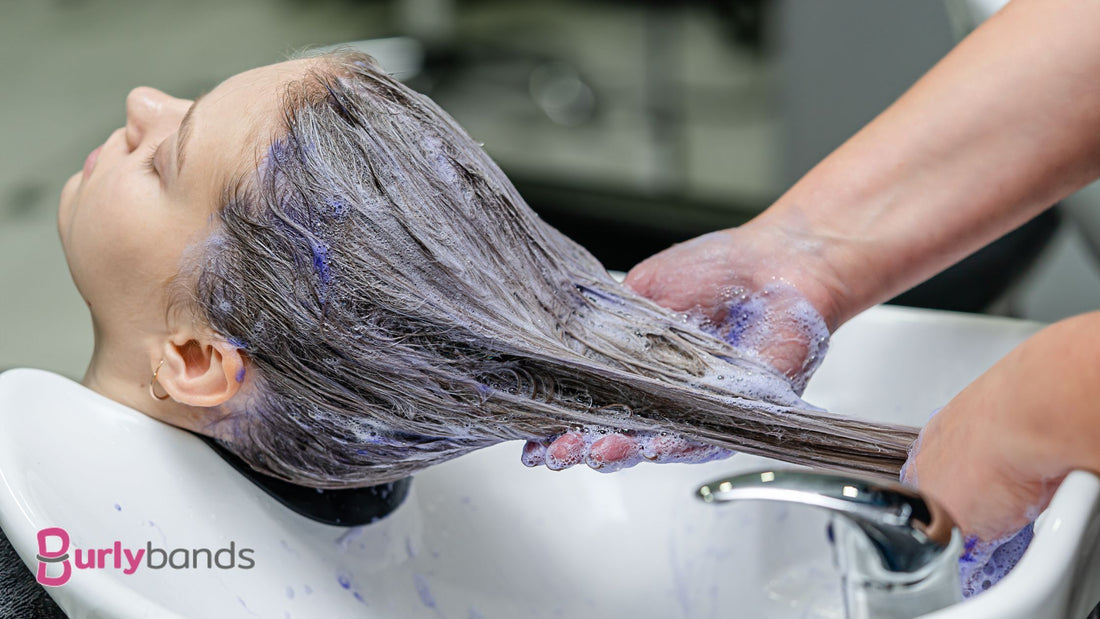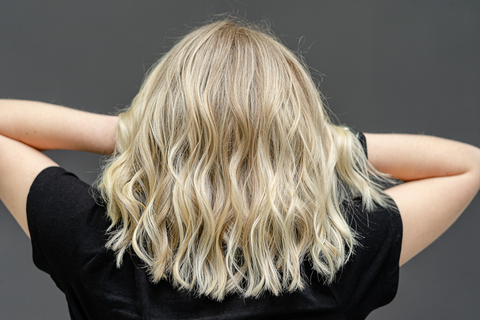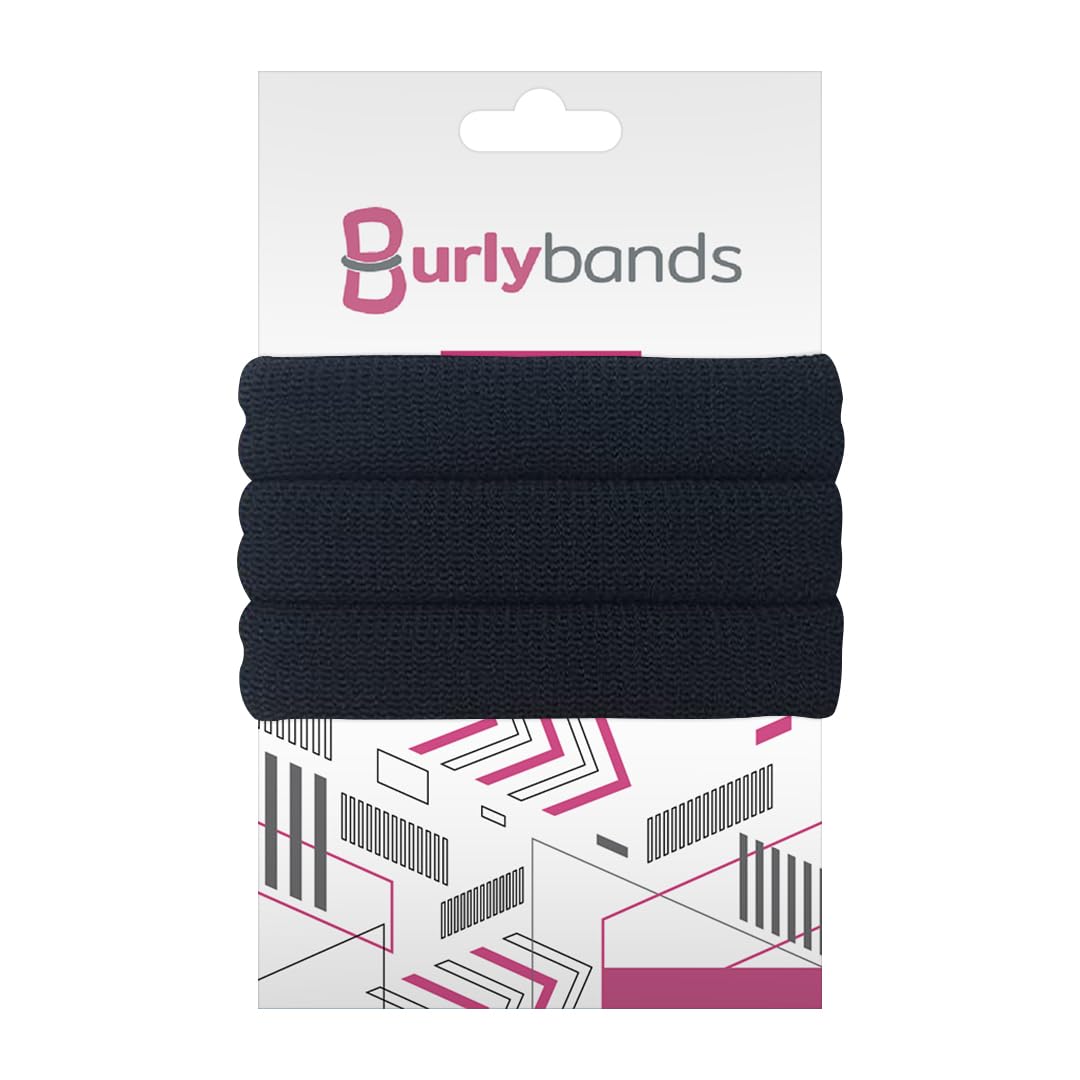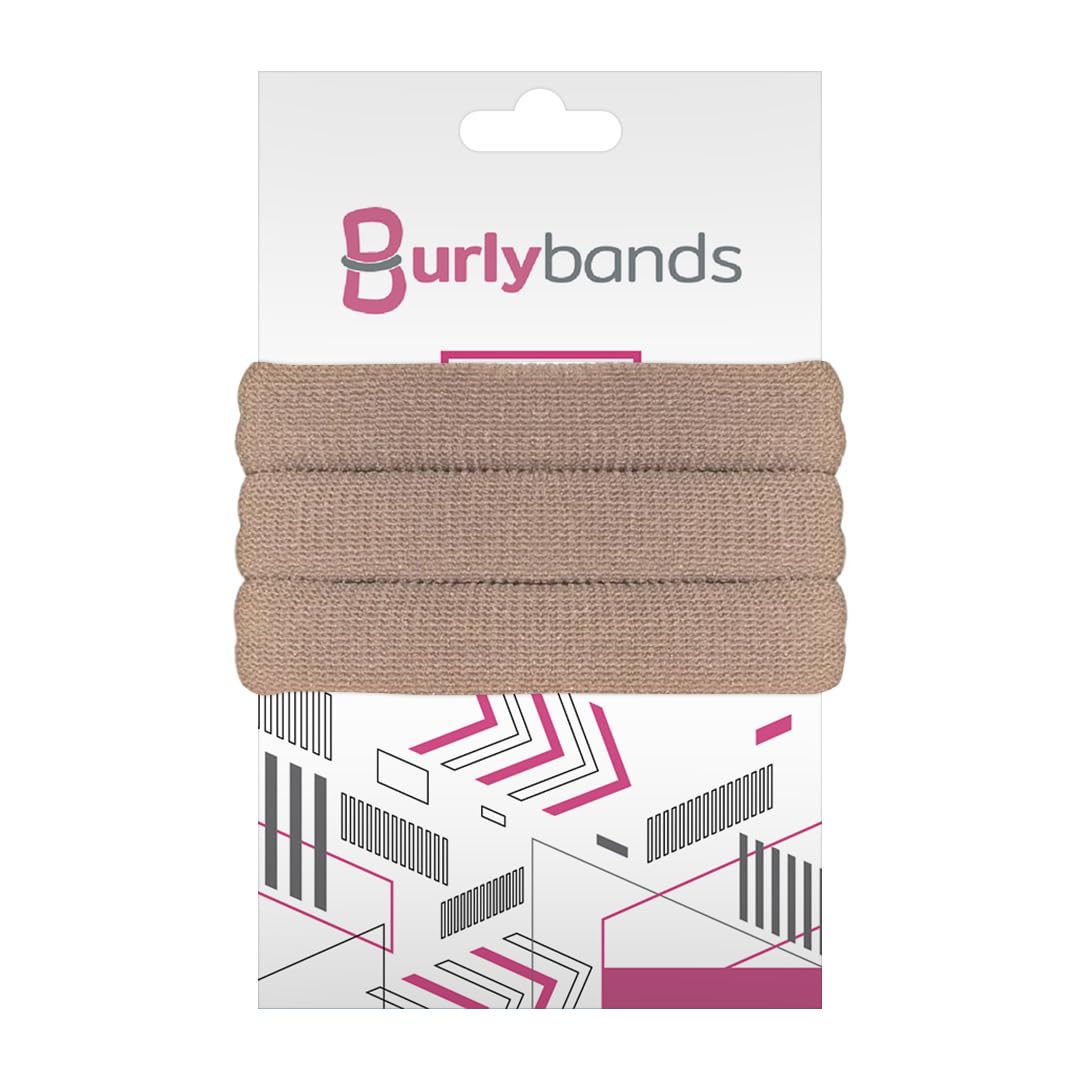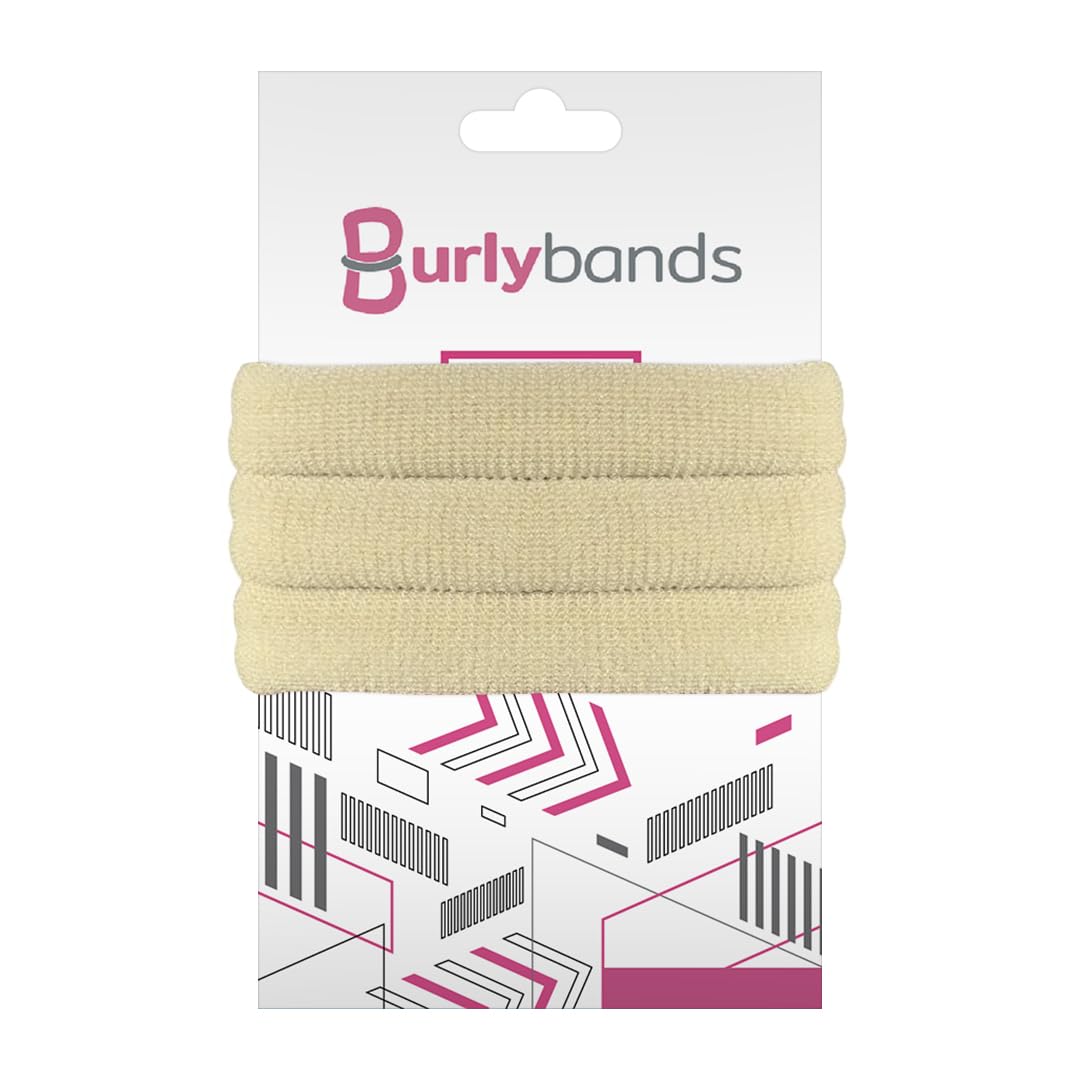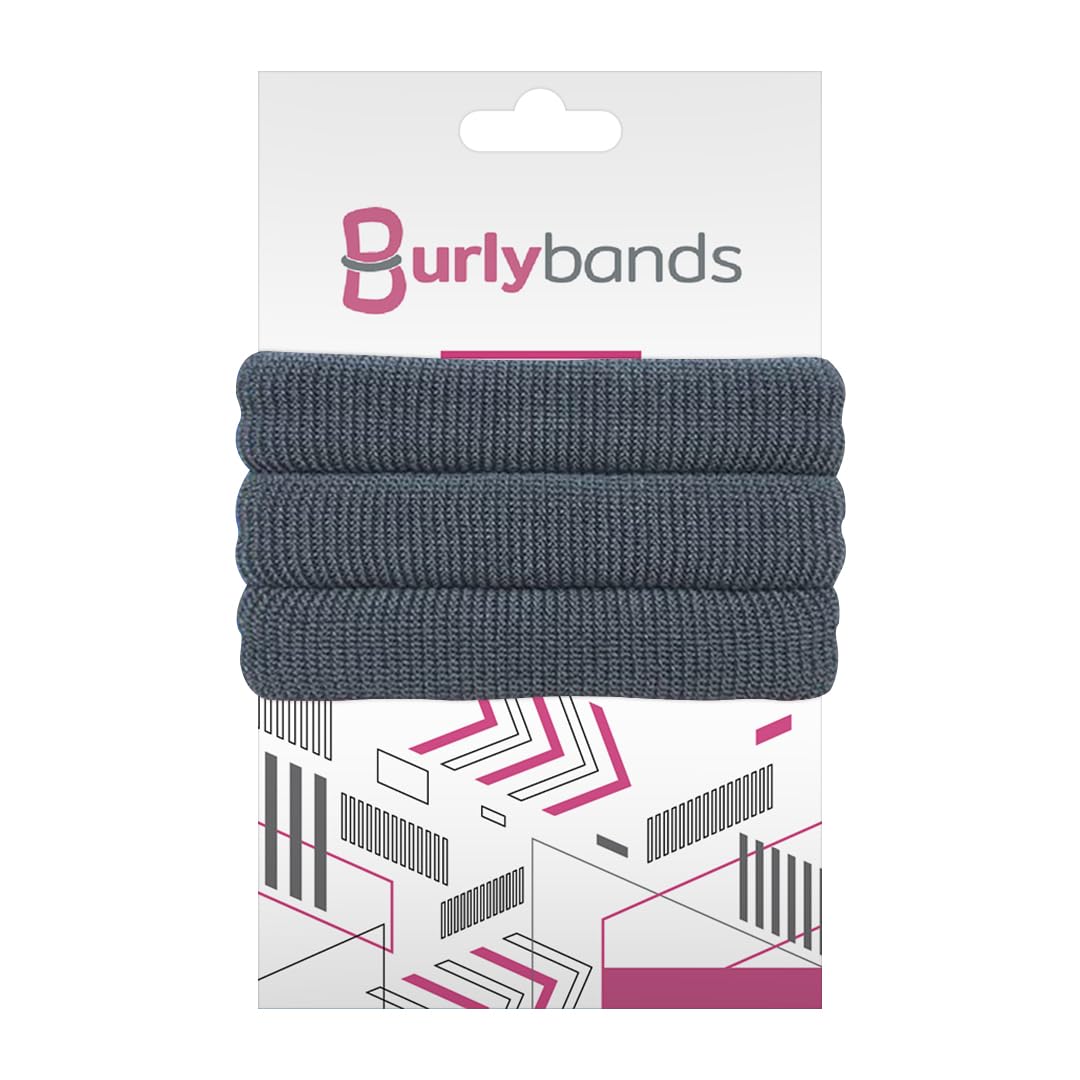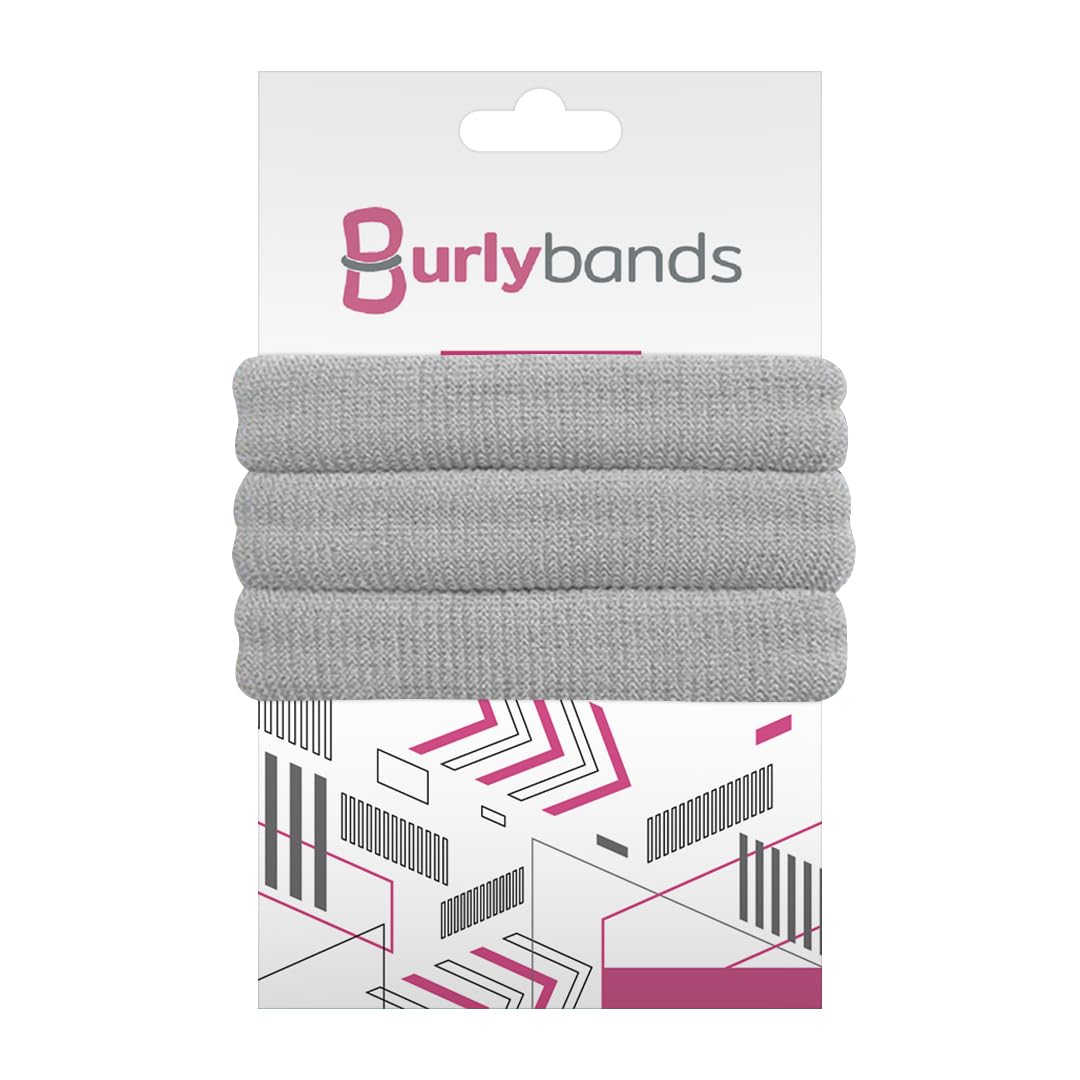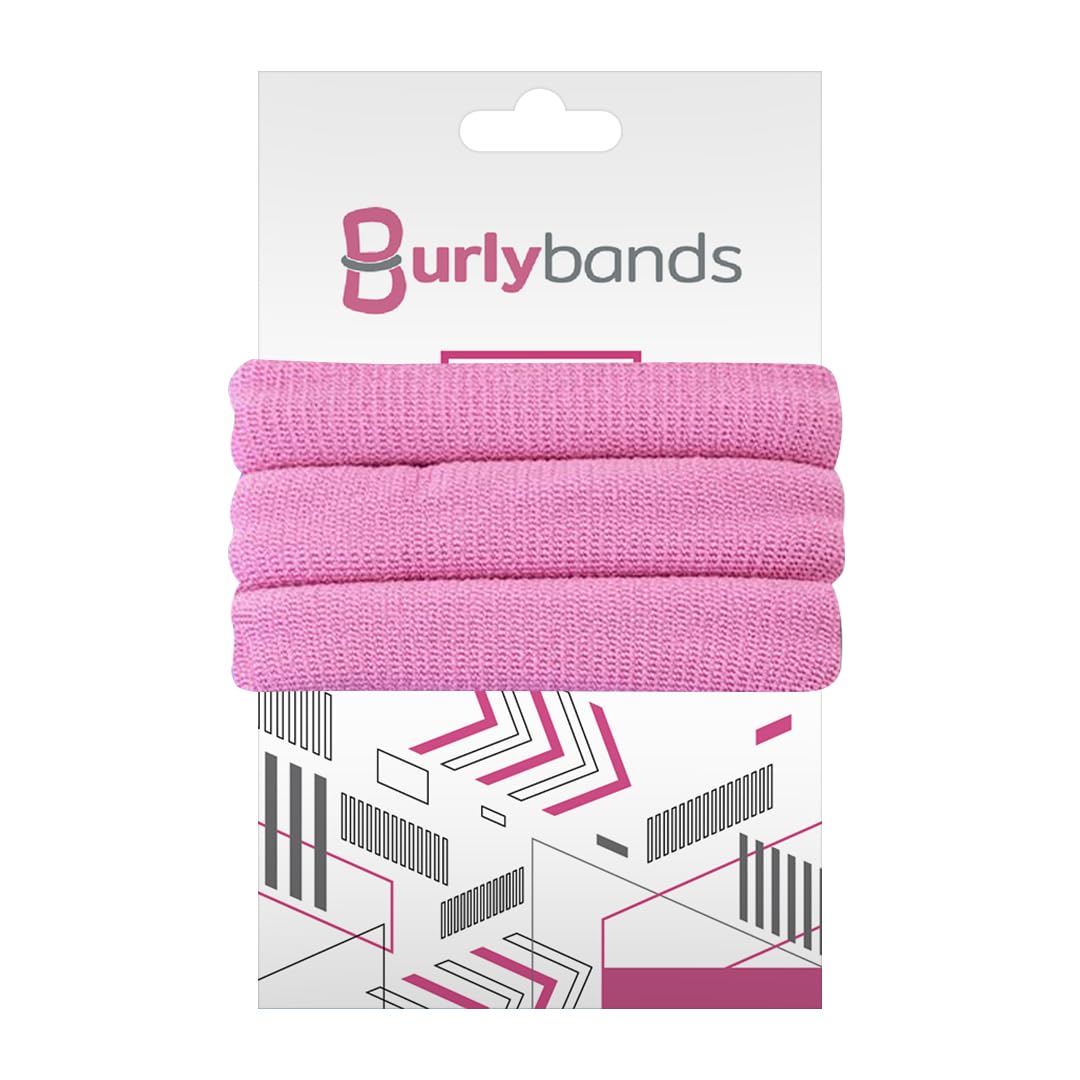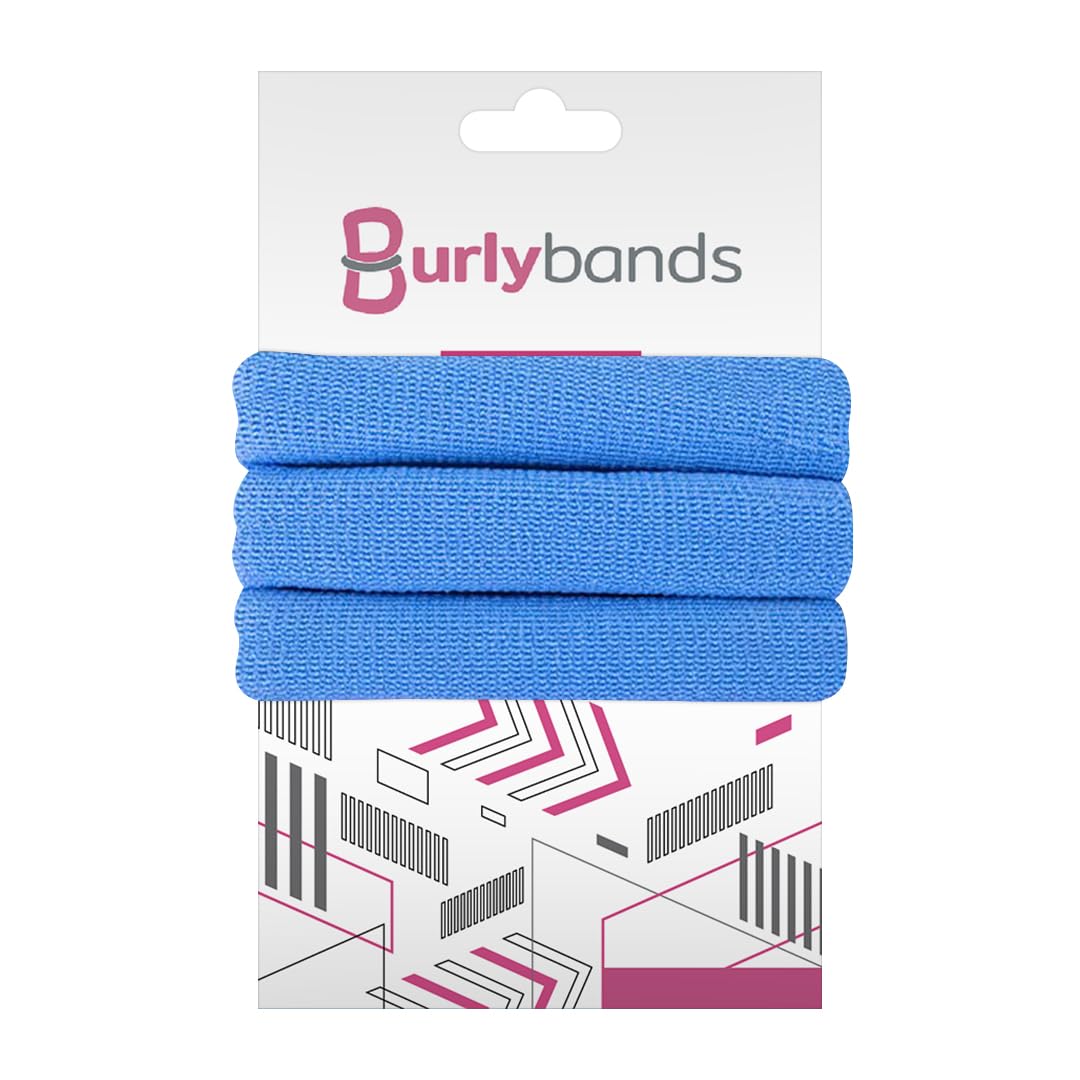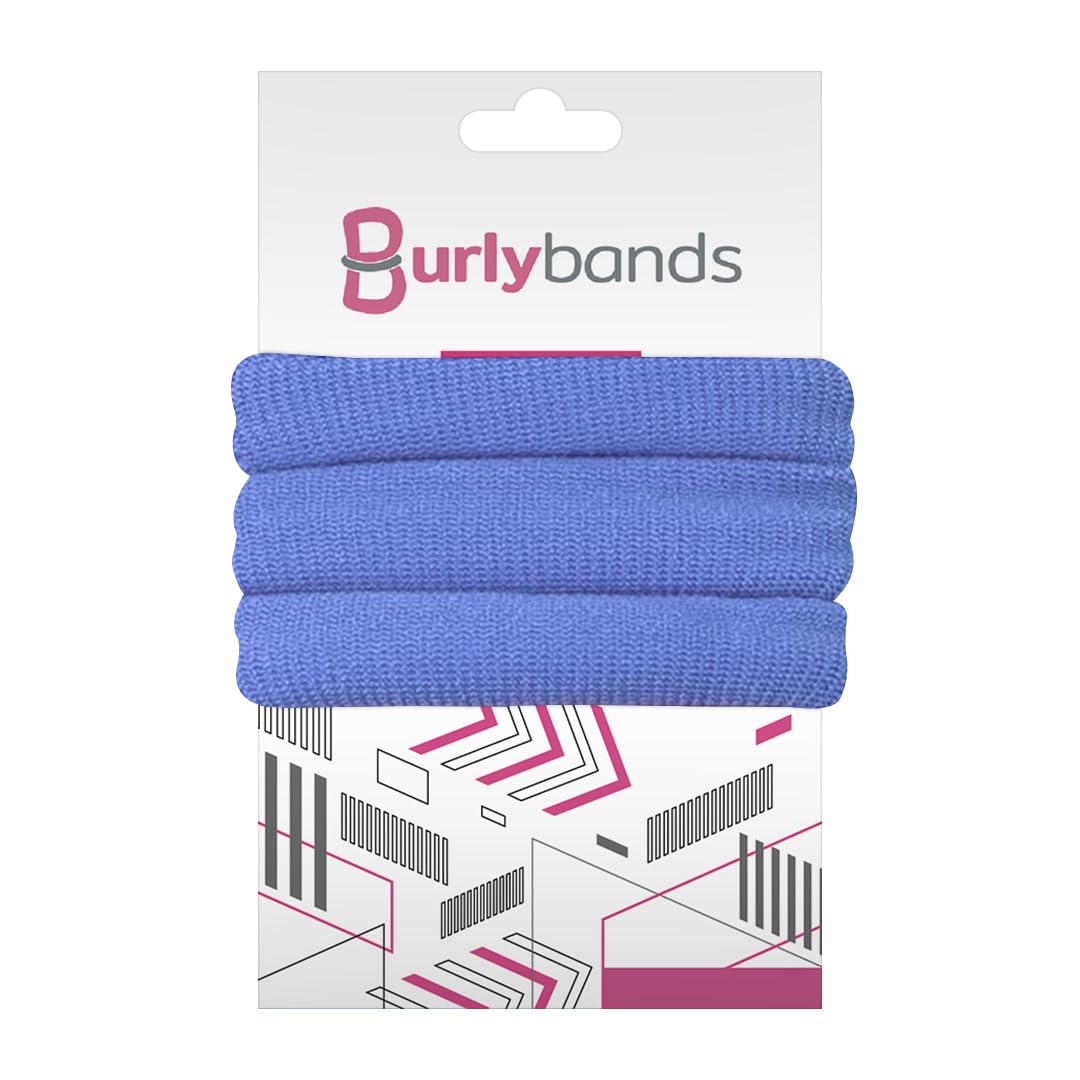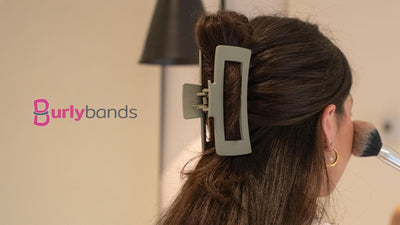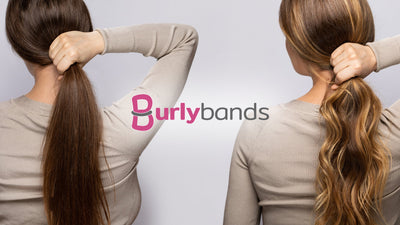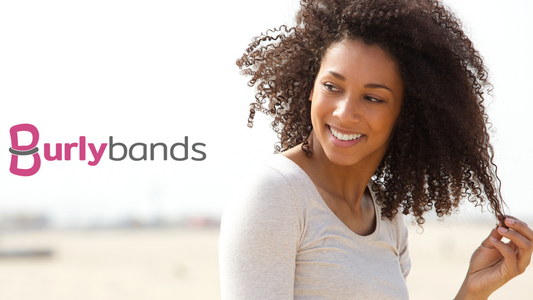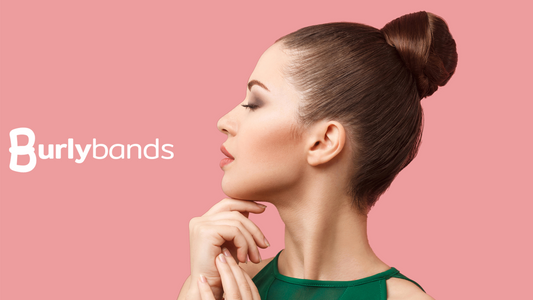If you're reading this, you've probably already decided to bleach your hair. Most people are familiar with the traditional process of bleaching, which is often done on dry hair. But can you bleach wet hair?
In the end, bleaching results in lighter hair. What's different about bleaching damp hair? Does it do more harm? Does it fasten the bleaching process? Continue reading to find out.
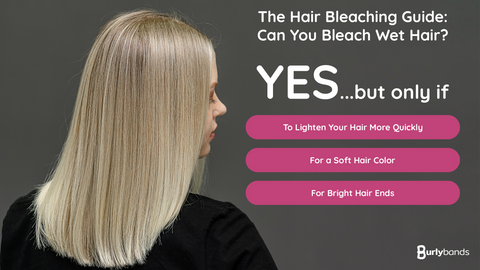
Can You Add Bleach to Wet Hair?

Credit: Envato Elements/ Kamchatka
Whether you've gone to the salon or read the instructions on a bleaching kit, you may have observed that the instructions always state that you should begin with dry, unwashed hair. Have you ever wondered the reason for this?
As you are already aware, bleaching is an extremely harmful process that uses numerous strong chemicals. When you bleach your hair, the chemicals start to lighten it by penetrating the dark pigments. During this process, the cuticle begins to open up, lifting the hair and damaging it. When you bleach wet hair (wet bleaching), you wash away the natural oils that serve as a natural barrier. As a result, your hair is more susceptible to damage or dryness. Additionally, hair is most sensitive when wet, which can result in further damage.
How Long Should Bleach Be Left on Damp Hair?

Credit: Envato Elements/ sergio232323
If you do decide to bleach freshly washed hair or wet hair, make sure that you leave the bleach in for around 15 minutes if you're just going for a pure blonde base.
However, if you're considering a platinum tint or going lighter than your existing hair color, keep the bleach for up to 30 minutes.
Remember that bleaching is a very damaging process, and the longer you leave it in, the more damage it will cause to your hair by breaking down and wearing away at the hair strands.
When choosing bleaching products, it's wise to steer clear of unfamiliar brands. An option worth considering is the WELLA Color Charm Powder Hair Lightener.
When Is Bleaching Wet Hair Okay?

Credit: Envato Elements/ alexstand
Although it is generally not advised to bleach hair that is wet, here are several reasons you might want to dye wet hair:
1) To Lighten Your Hair More Quickly
It turns out that when you bleach damp hair, it lightens more quickly. If you're pressed for time or just need a quick technique to lighten your hair, bleach it while it's still wet rather than wait for it to dry.
2) For a Soft Hair Color
Want to give your mane some lift and volume without being too obvious? Try wet bleaching to get a soft hair color. This hair coloring technique is frequently used by hairstylists to lighten your hair color by one or two shades.
3) For Bright Hair Ends
Lighter or brighter hair ends are a major hair trend this year. This futuristic look is achieved by bleaching damp hair ends. This is an excellent look on short hair.
Factors to Consider When Bleaching Your Hair

Credit: Envato Elements/ Rawpixel
At this point, you are probably already prepared and getting ready to go lighter. But keep in mind that becoming blonde is a risky endeavor!
Here are some suggestions you might wish to use to achieve your desired shade while causing the least amount of damage to your hair:
1) Avoid Washing Your Hair 24 Hours Before Bleaching
As mentioned before, dry, unwashed hair performs better while bleaching. The increased oil and grime give the scalp an extra layer of protection while also absorbing the bleach more efficiently.
2) Avoid Using Hot Tools Before Bleaching
Blow dryers, curling irons, and hair straighteners damage your hair by robbing it of its moisture and natural oils. Before your bleach appointment, stay away from these tools for at least a week. Allow your hair to heal from heat damage.
3) Be Honest With Your Stylist
Before bleaching, your hair stylist needs to be fully informed of any chemical and color treatments you have done. By doing so, they will be able to determine how much harm your hair has sustained and adjust the mixture as necessary.
4) Stick to a Strict Post-Bleaching Hair Care Routine
For colored hair, especially bleached hair, to get healthy again, a continuous hair care routine is required. You could have several hair issues after bleaching your hair, including split ends, dullness, breakage, coarseness, and even scalp irritation. To address these problems, invest in high-quality shampoos and conditioners made specifically for hair that has been colored or bleached. An option worth considering is the Luseta Purple Shampoo and Conditioner set.
Maintenance and Color Aftercare
Credit: Envato Elements/ Tania232323
Maintaining your newly bleached hair color is essential for ensuring your vibrant look lasts longer and stays healthy. Consider doing the following:
1) Color-Preserving Products
Invest in high-quality, sulfate-free shampoos and conditioners specially formulated for color-treated hair. These products help lock in the color and prevent premature fading.
2) Shield from UV Rays
Prolonged exposure to the sun's UV rays can fade your hair color. Protect your locks by using hair products with built-in UV protection or by wearing a stylish hat when you're out in direct sunlight.
3) Be Mindful of Water Temperature
Hot water can strip away hair color, so opt for lukewarm or cool water when washing your hair. This gentle approach will help maintain your color's vibrancy.
4) Stay Hydrated
Proper hydration isn't just essential for your body; it's crucial for your hair too. Drink plenty of water to keep your hair healthy from the inside out, aiding in color retention and overall hair health.
Summary
While bleaching wet hair is acceptable in some circumstances, it is typically not advised. To avoid permanent harm, always bleach your hair at a salon under the supervision of a skilled colorist. To help your hair recover from bleaching, use the right treatments and take good care of it. Although bleaching is bad for your hair, if you follow the appropriate procedures, you can keep your hair healthy.
Speaking of hair care, why not enhance your hair care routine with Burlybands hair ties? Designed to be gentle on your locks, Burlybands help prevent breakage, especially after a bleaching treatment. Shop with us today.
 Log in
Log in

